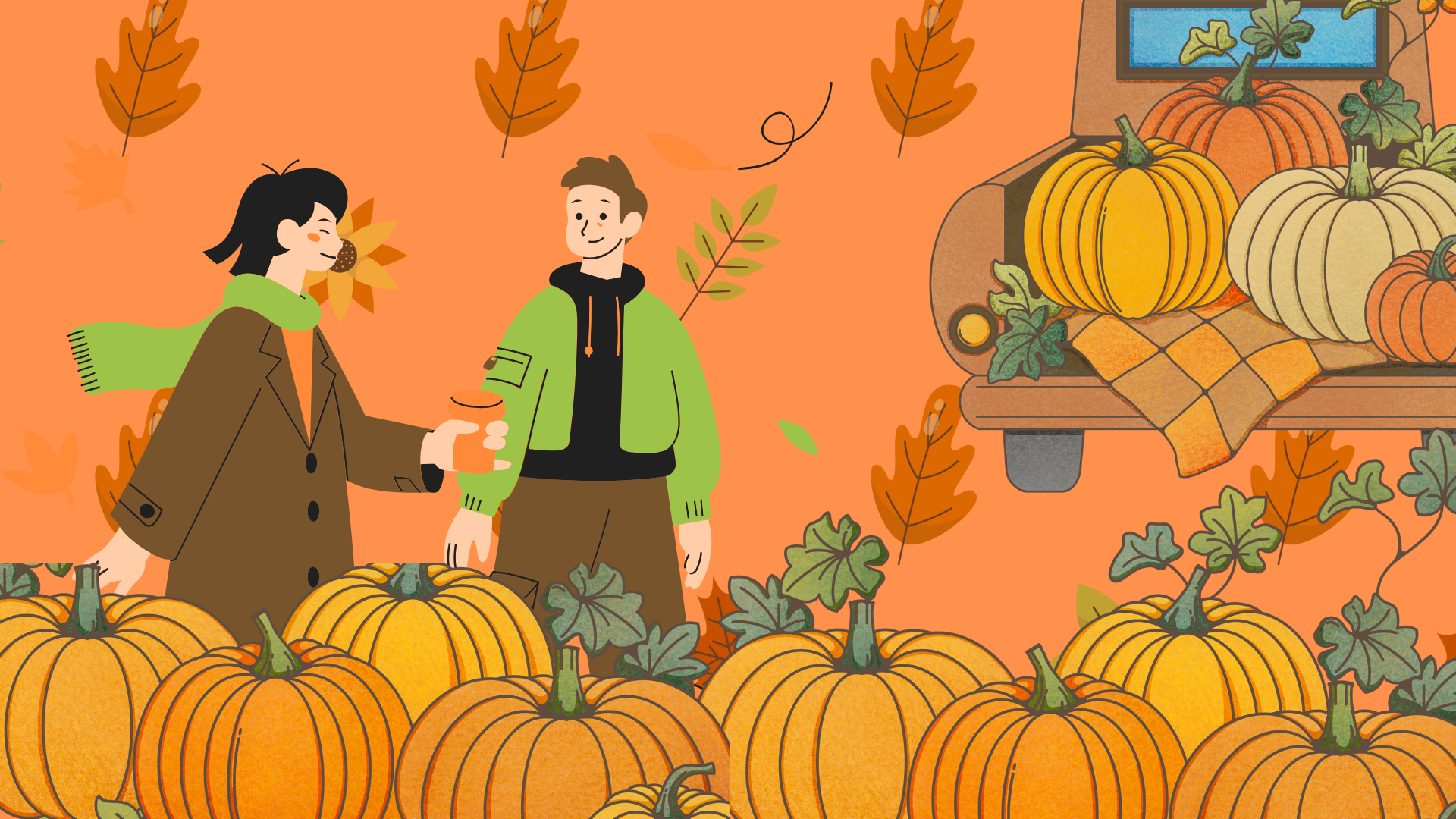How Inclusion Can Impact The Experience Of Nature

When I was in grade 9 at Harbord Collegiate Institute, I had trouble getting to the main pool area due to the inconvenience of the stairs from the inaccessible change room. Mr. Smith had to come and help me down the steep stairs. It felt insecure and unstable because there was no second hand rail on one side of the stairs. There should be an elevator because, otherwise, there’s no way that people with disabilities can access the pool. Inclusivity means there are many different ways for people to participate in the same activity. Inclusion means including everybody. Sometimes, school is the only way for people to participate in a variety of activities. This can be intellectual, academic, and physical. My experience with inclusive spaces, my research on inclusive hiking, and my insights into the story “My Left Arm” reveal an important message about inclusivity which is that through advocacy and perseverance, inclusivity for all is possible.
Many people struggle when they are faced with inaccessibility. This is the case either on hiking trails or any other places which are hard to get to. In nature, there are barriers which include rough trails and steep hills. However, using my wheelchair and special equipment, such as a wider front wheel, I get around quite well, with the occasional struggle. I find it difficult to go through the woods and over things such as stones and sticks, but with the help of others, I am able to hike great distances. These have been profound experiences since they connect me with nature.
My mother and I were featured in a BlogTo article about accessible hiking called, “Toronto Mother and Son Make Nature More Accessible for Wheelchair Users.” In this article, my mom, Patricia, and I showed, “that wheelchair users can experience the beauty of the great outdoors”. We “explored 45 provincial parks, national parks, and conservation areas in Ontario''. This experience with hiking closely relates to the novel One Native Life, by Richard Wagamese, which includes a story about his experience with inclusivity called “My Left Arm.”
The story describes how Wagamese broke his arm as a little kid, and the doctors in Kenora did not fix it properly, neglecting him because they “had little time for another Indian kid from the bush.” So he grew up very self-conscious of his arm which hung backwards and was atrophied. Despite this, he persevered in all daily activites. Now, Wagamese writes, “I think my left arm is beautiful. It’s no longer a sign of inadequacy. Rather, it’s a sign of my enduring Spirit, my ability to win over adversity, to become all that I can be, to survive” (Wagamese 229). In a similar way to Wagamese, I am able to get out there and participate in hiking and persevere.
My mother and I also face the challenge of not owning a car, which makes it difficult to access parks. Thankfully, we use an organization called Parkbus. Parkbus gives people the option to go out of the city to enjoy the outdoors. My mom and I use Parkbus every weekend. My mom made a wheelchair group called, “Wheelchair Hikes Ontario,” and “they connect with other wheelchair users and their allies who share a passion for nature” (Cossmann).

In Andrea Yu’s United Way article “The Surprising Ways City Parks Create Barriers”, we hear from the perspective of a person with a disability named Luke Anderson who has difficulty enjoying and sitting at parks. His story illustrates how there are many people in the world playing their part in making environments more accessible. One person in particular is Alexander who is the founder of StopGap, which is an organization that provides ramps for inaccessible buildings. One way for parks to become accessible is to have a ground level entrance. According to Alexander, another way for parks to become accessible is to have “benches located next to the paved path and sit on a spacious—and flat—concrete pad”. In Toronto, Grange Park’s benches are designed without outside armrests because it makes it easier for people with disabilities to sit. Anderson says that picnic benches in Grange Park are designed with wheelchair accessibility in mind because “the shape of the table allows him to pull up without bumping into anything’’. Anderson says, “It’s all about having options.”
In conclusion, the advocacy and support for accessibility have made my experiences better during most of my hikes. My mother and I have accomplished a great variety of experiences by organizing community and support. Despite the barrier of not owning a car, we have been able and eager to get out there. Inclusion allows me to win over adversity and to become all that I can be. All I require is the option to participate.
About Harbord Tigertalk
Welcome to Tigertalk! Harbord Collegiate Institute's very own school newspaper. We bring school connection and student's voices to light through our monthly publications of literature, photography, reporting, interviews, art, and other mixed medias. Our small publication ranges from 10-15 members. Happy Reading!
Have A
Good Story?
Want to contribute to your favourite school
newspaper? Send in a quick contact form and we’ll get back to you as soon as we can!




.jpg)